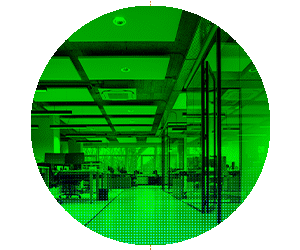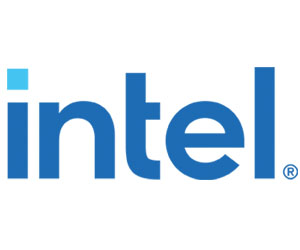AI is changing the way companies do business. According to data from McKinsey, 75 percent of professionals believe that tools such as generative AI will cause significant or disruptive change to their industry.
But AI also comes with operational challenges. While cloud-based AI services are now commonplace, they come with potential accessibility, scalability and budgetary concerns. Onsite PCs, meanwhile, lack the hardware architecture necessary to effectively deploy AI apps.
BizTech magazine sat down with Robert Hallock, vice president and general manager for client AI and technical marketing at Intel, to explore how Intel’s new Core Ultra processor, a first-generation hardware of its kind, is helping companies maximize their use of AI tools.
DISCOVER: CDW and Intel services and solutions can help your business.
What Is an AI PC?
According to Hallock, “an AI PC is a new-generation computer equipped with hardware inside the processor that is designed to accelerate AI applications and features.” He says that while it’s possible to run AI applications on older hardware, “they’re very slow. It could be a matter of minutes on old technology versus seconds with AI PCs.”
According to predictions by Intel, 80 percent of computers will have AI hardware inside by 2028. These new processors represent a permanent change in PC architecture, in much the same way that multi-core devices and the advent of component-based GPUs fundamentally changed PC performance.
Click the banner below to find out how the Intel Core Processor brings AI readiness to PCs.


The Benefits of Making the Move to an AI PC
Most people view AI as inherently linked to internet and cloud-based services, Hallock explains. This is primarily due to the resource throughput required to run AI tools as the volume and velocity of parallel processes required have been out of reach for local PCs.
However, with Intel’s new Core Ultra processor, AI accelerators are standard and built-in. This makes it possible for local machines to perform on par with cloud-based services while simultaneously increasing security.
Consider a company that has vast institutional knowledge contained in multiple data silos. Using a connected intranet of AI PCs, the organization could create AI models capable of querying and collecting this knowledge from any local source, all without putting corporate data at risk.
An AI PC is a new-generation computer equipped with hardware inside the processor that is designed to accelerate AI applications and features.”
Robert Hallock
Vice President and General Manager for Client AI and Technical Marketing, Intel
Intel’s New AI-Architecture
Intel’s new 3D performance hybrid architecture integrates computer, graphical and neural processing unit operations into a single package. With more than 300 AI-accelerated independent software vendor features, the new architecture lets companies run the AI tools they need without sacrificing power or performance. With more than 100 ISV partners for AI operations, Intel is creating an open ecosystem that’s ready to make the most of AI.
READ MORE: Operate more efficiently with these AI tools and services.
AI architecture is upgradable. “It’s a layered model,” Hallock says. “The base floor is the hardware. Above that is the upgradable firmware, which now extends into the accelerator space and could add functionality. Next is where we can really update operating system frameworks and infrastructure. Here, we can add substantial features and advantages. And above that is the model itself. Once AI models are trained, they come to your system. They can then be further updated in place.”
75%
The percentage of professionals who believe generative AI will cause significant or disruptive change to their industry
Source: mckinsey.com, “The state of AI in 2023: Generative AI’s breakout year,” Aug. 1, 2023
PCs equipped with the Intel Core Ultra also come with the benefit of offline operations. Unlike their cloud AI counterparts, new Intel PCs can deliver AI performance entirely on local networks or act as a larger piece of the IoT puzzle.
When it comes to the adoption of AI PCs at scale, Hallock says he understands the skepticism. But ultimately, “organizations need to internalize the idea that AI hardware for PCs is permanent. It offers real benefits in augmenting human creativity to save time and work faster.”
Brought to you by:
SvetaZi/Getty Images














